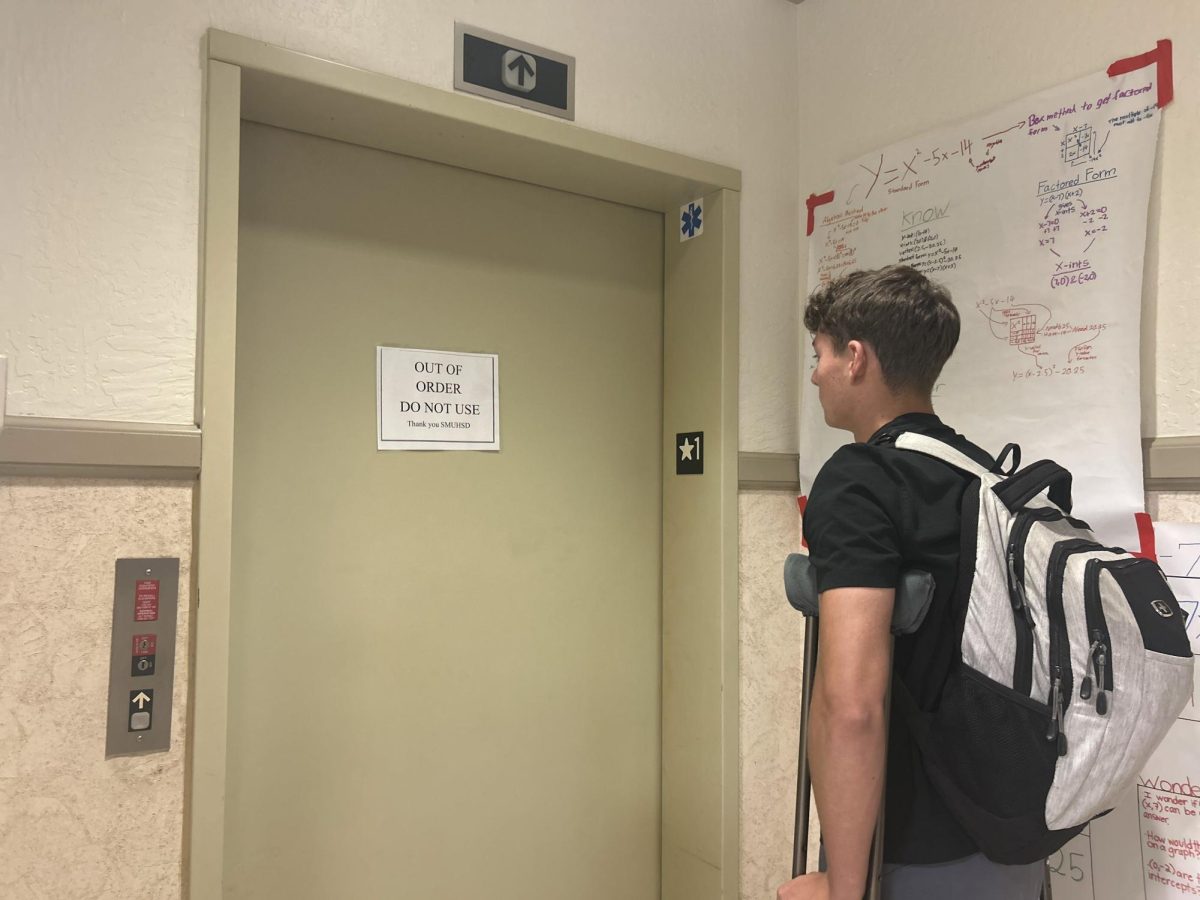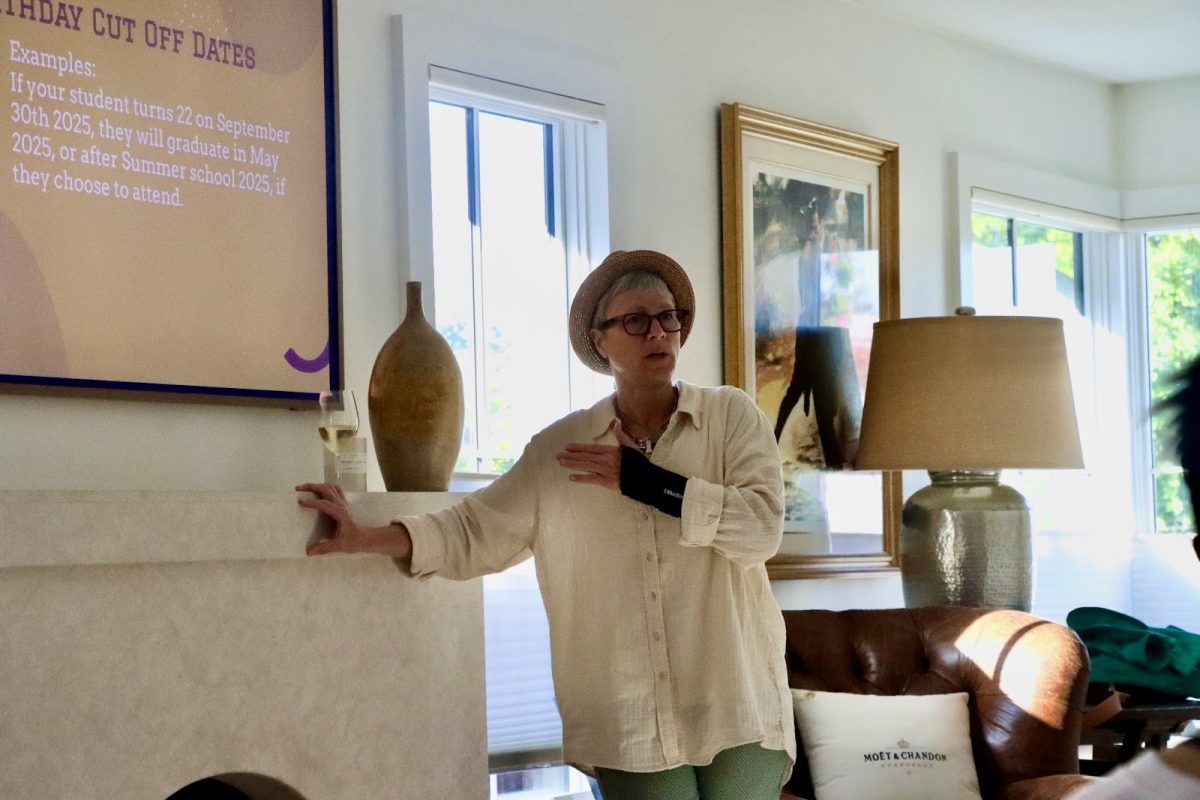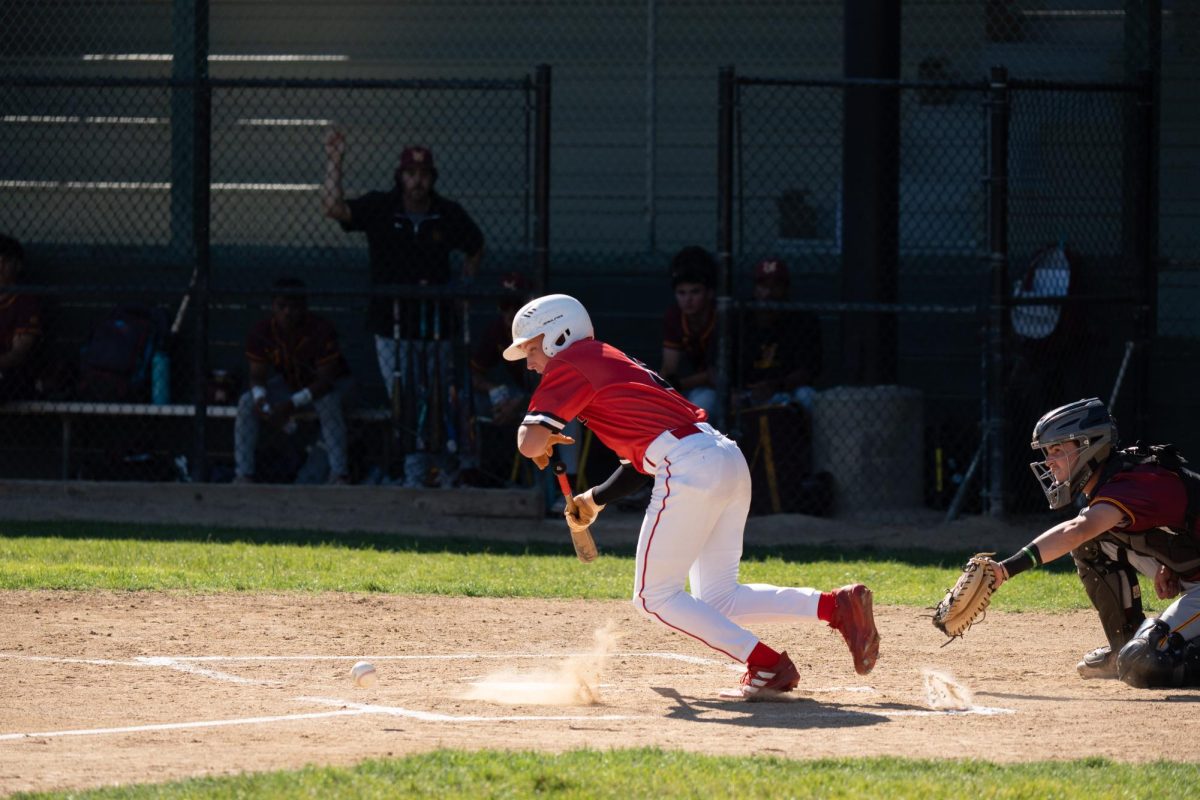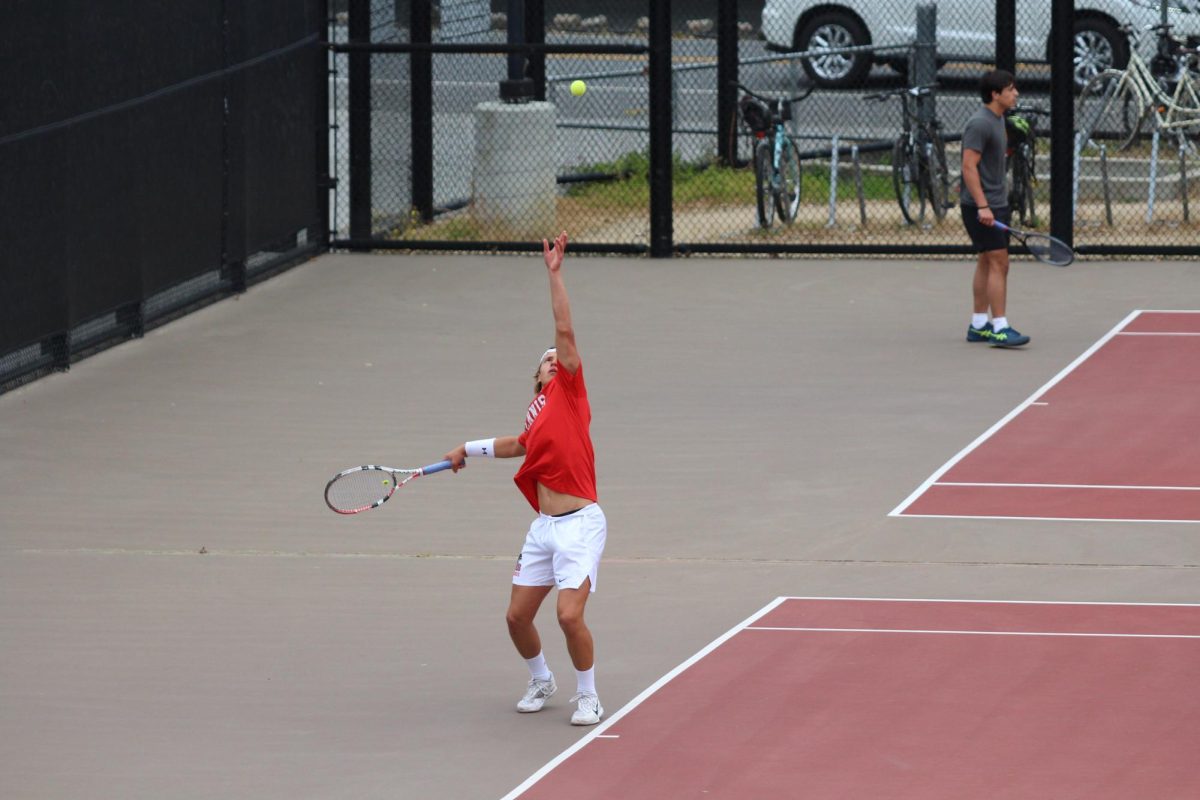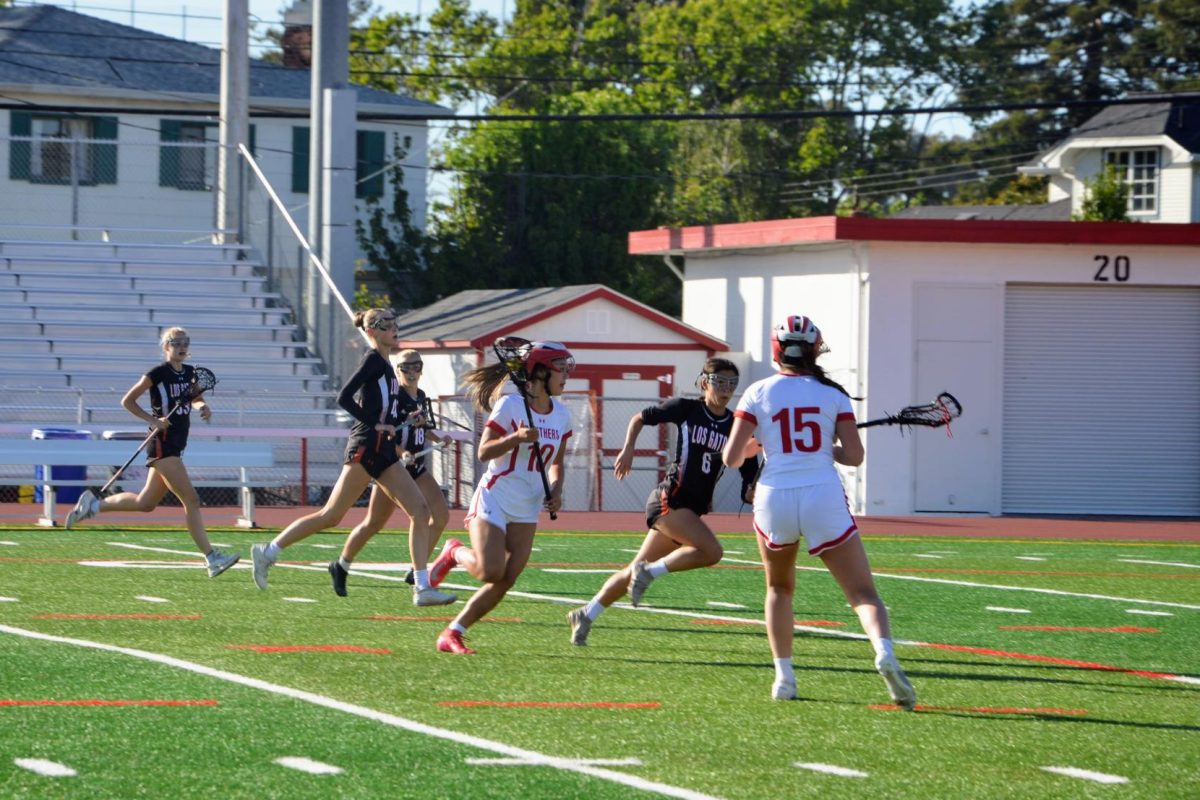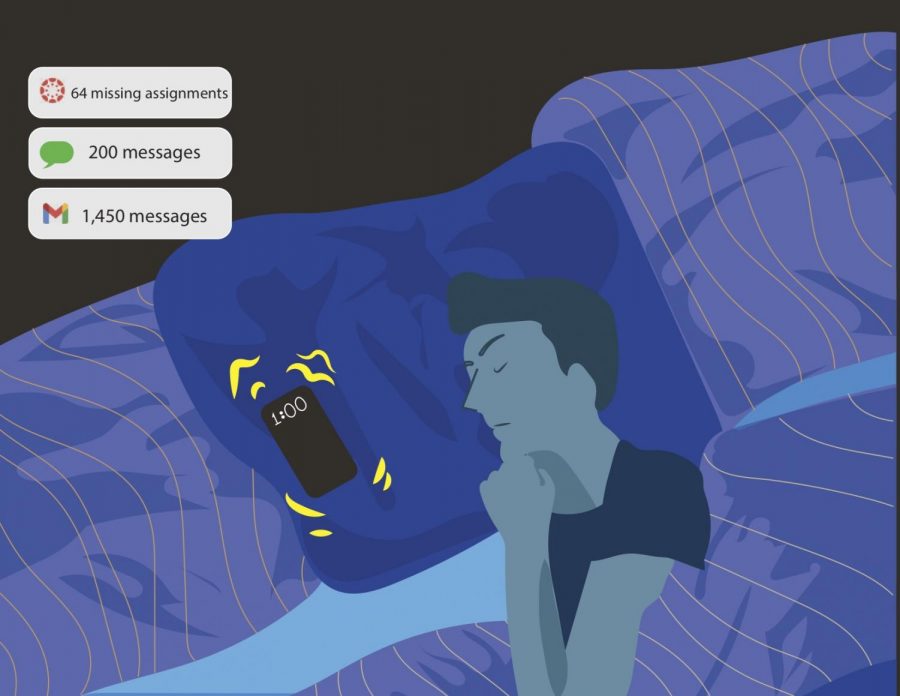Senioritis reaches new heights with COVID-19 restrictions
Senioritis is becoming a new infectious disease that is on the rise as COVID-19 cases dip.
March 11, 2021
While COVID-19 cases begin to decline across California, a seasonal disease is beginning to make waves — senioritis. It is a virus that spreads faster than any infectious disease and carries significantly more daunting symptoms than that of a common cold. Senioritis is “a supposed affliction of students in their final year of high school or college, characterized by a decline in motivation or performance,” according to the Merriam-Webster dictionary.
Senioritis has been ailing students for about as long as there have been high school seniors. Once they reach the point where they have already submitted their college applications, seniors fail to find a valid reason to maintain the studious habits they have practices for the past seven semesters. Hawley has had firsthand experience with the wrath of senioritis.
“[Senioritis] has kind of kicked me in the butt a little bit, but I’ve definitely felt it,” senior Joey Hawley said.
As highschoolers will be the last of California students to return to in-person learning, seniors are left at home to sit with their symptoms of senioritis in solitude. Ultimately this year’s class will contract a new variant of the virus that is likely more severe than any other form of senioritis past seniors have experienced.
“Keeping in touch with friends [has been the hardest part of this school year],” senior Sophie Kamenov said. “We’ve been locked up and isolated from the rest of the world, so we have this routine where we have to stay in all day.”
Kamenov recalls losing motivation around December, when she had completed her college applications and says it has only gotten worse since.With the absence of traditional senior activities, such as senior ditch day, prom and the infamous senior prank, the class of 2021 has lost the silver linings of senior year that were once pillars of the high school experience. What’s left of senioritis is the simple lack of motivation to learn, leaving few upsides to being a senior.
“It’s harder being on Zoom,” Hawley said. “I loved being in class… I feel like [this year] has been a little bit difficult.”
The Center for Disease Control has taken notice of a spike in depression and substance abuse among students in association with the restrictions COVID-19 has imposed on human interaction and normalcy, which bears a larger weight to carry on top of senioritis.
Senioritis is exacerbated by the mental health declines that come with staying indoors for hours on end and the general lack of productivity students attribute to quarantine. Even without the mental health challenges from being a senior during COVID-19, senioritis outside of a Covid-stricken world holds a large toll on the wellbeing of students.
“We know that any academic honors we receive further past this point will contribute very little to our chances of getting into college. We find ourselves stricken with a lack of motivation and ability to try anymore in school,” senior Lincoln Freedman said, who when asked about senioritis in his fifth period economics class, was still in bed and half awake. “I just want school to end so I can go back to sleep.”
While there is no vaccine on the horizon for this infectious disease, seniors have a mere three months left before the senioritis fades, and the disease will begin to find a new host — the class of 2022.



